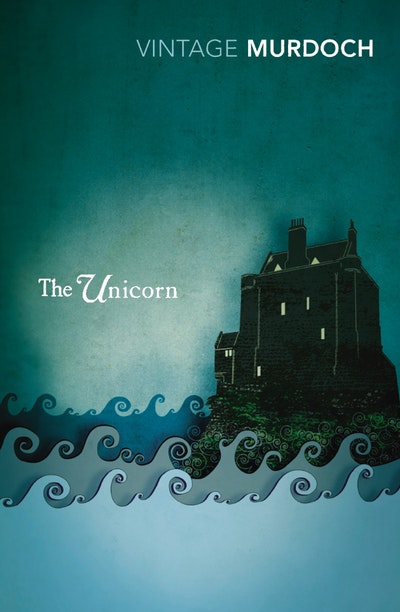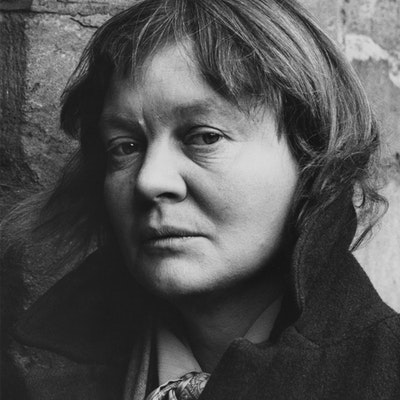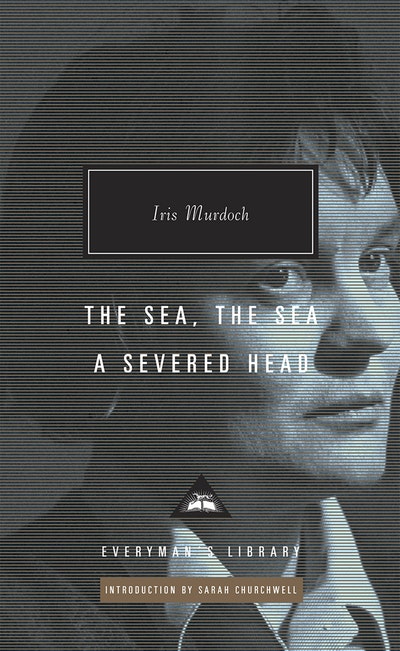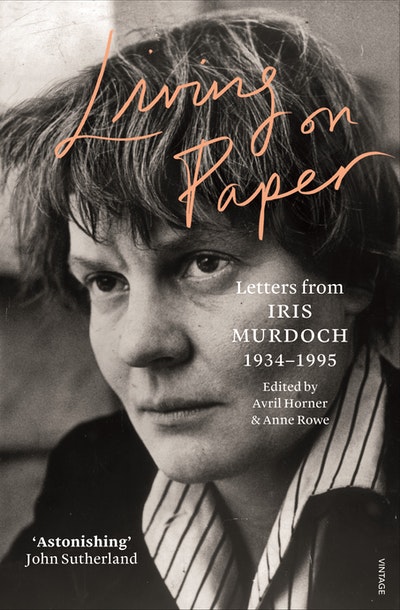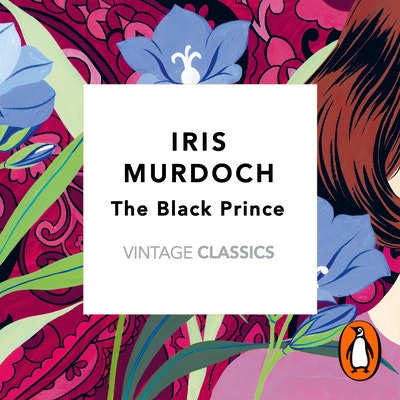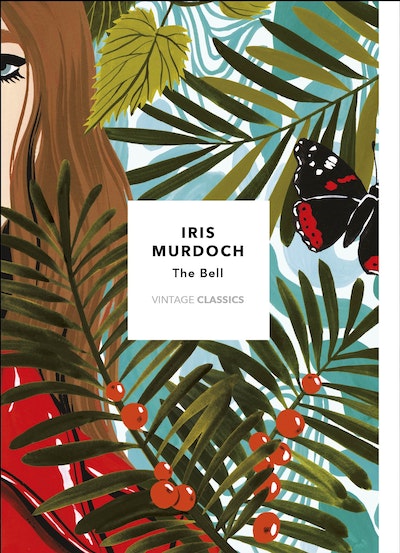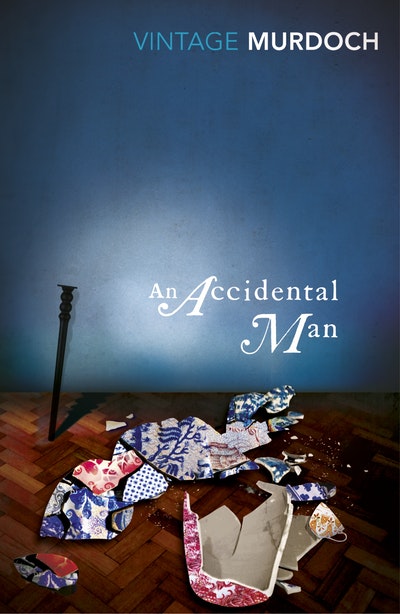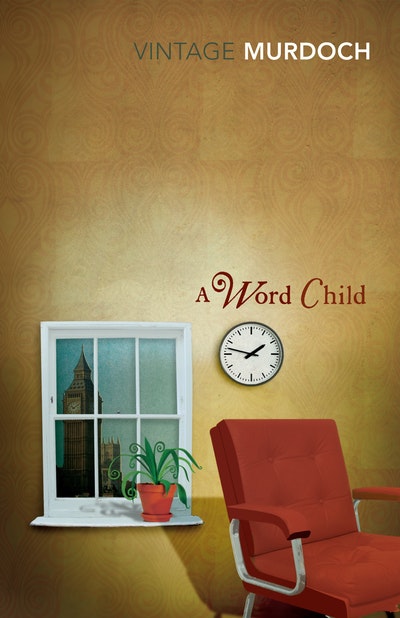[]
The Unicorn
Formats & editions
Buy from…
- Published: 1 September 2010
- ISBN: 9781409024538
- Imprint: Vintage Digital
- Format: EBook
- Pages: 288
The Unicorn explores Murdoch's theme that life is - or should be - a spiritual quest or pilgrimage
Guardian
A writer of wonderful, and sometimes rather alarming idiosyncrasy; from her first novels, she explored a parish which was uniquely and unmistakably hers. But, somehow, by pursuing her desire only to be herself, she made it possible for generations of novelists after her to be more themselves.
Independent
Every novel is imprinted with the same distinctive, magical and wonderfully inventive imagination... A humour and humanity marked her fictional writing and made it a rich, wonderful and varied discourse. She filled it with strong emotions, powerful passions, very human experiences, humour
Guardian
